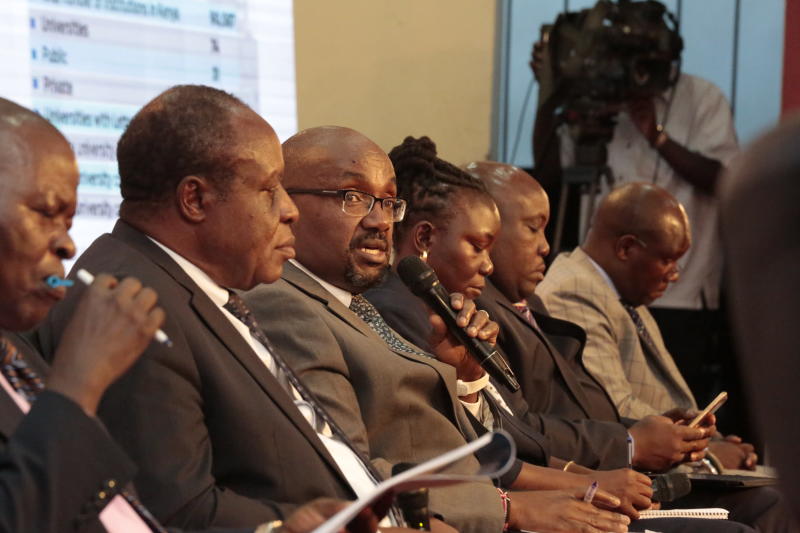
Political interference, commercialisation of education, inadequate training facilities and lack of support by corporates in training students have compromised the quality of education, experts have said.
Speaking during the Transform Kenya Forum at Daystar University on Thursday evening, education stakeholders said qualified graduate employees are as a result of a concerted efforts to train them by players in the education and employment sectors. Daystar University Vice Chancellor Laban Ayiro said it was saddening that some engineering graduates who have studied in Kenya especially in public institutions were unable to deliver.